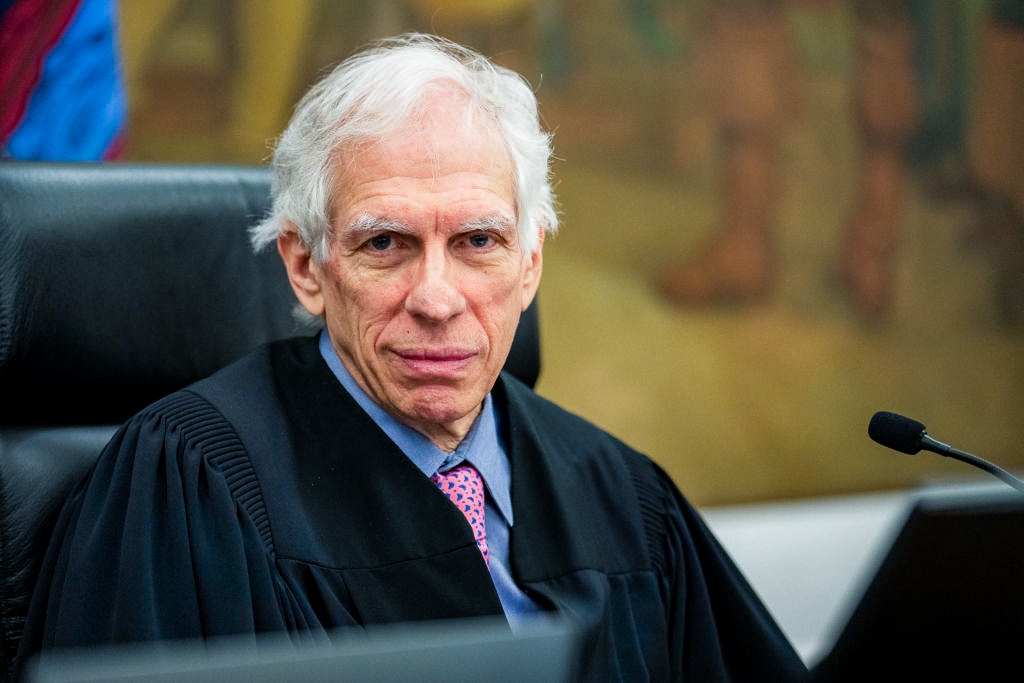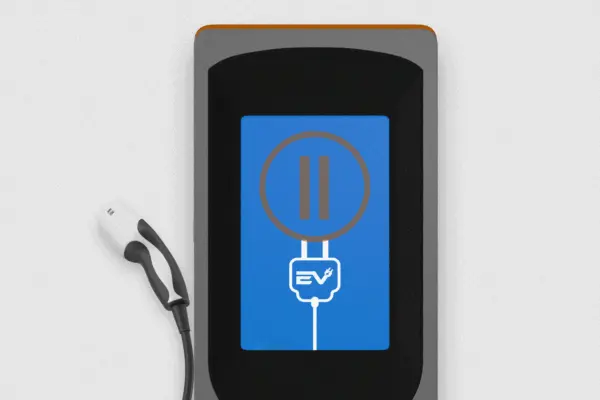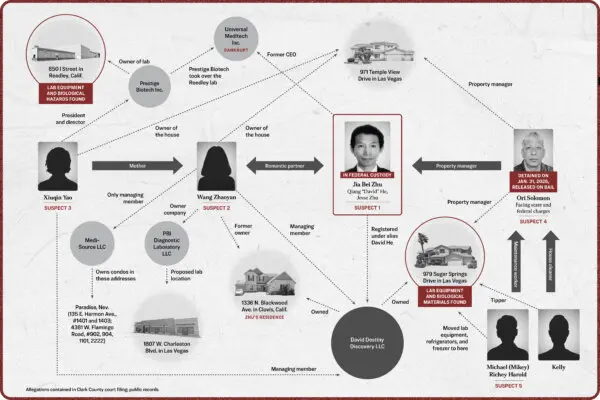Judge Arthur Engoron’s widely anticipated adverse ruling against 2024 candidate and former President Donald J. Trump, fining him $355 million and temporarily barring him from running businesses in New York, is unlikely to change the minds of many voters from either major party in the coming election, but it may have an effect on the independent and undecided voters in swing states who could ultimately decide the contest.
That’s the view of Kevin Wagner, a professor at Florida Atlantic University who specializes in polling, elections, and the intersection of judicial, legislative, and political trends and developments.










